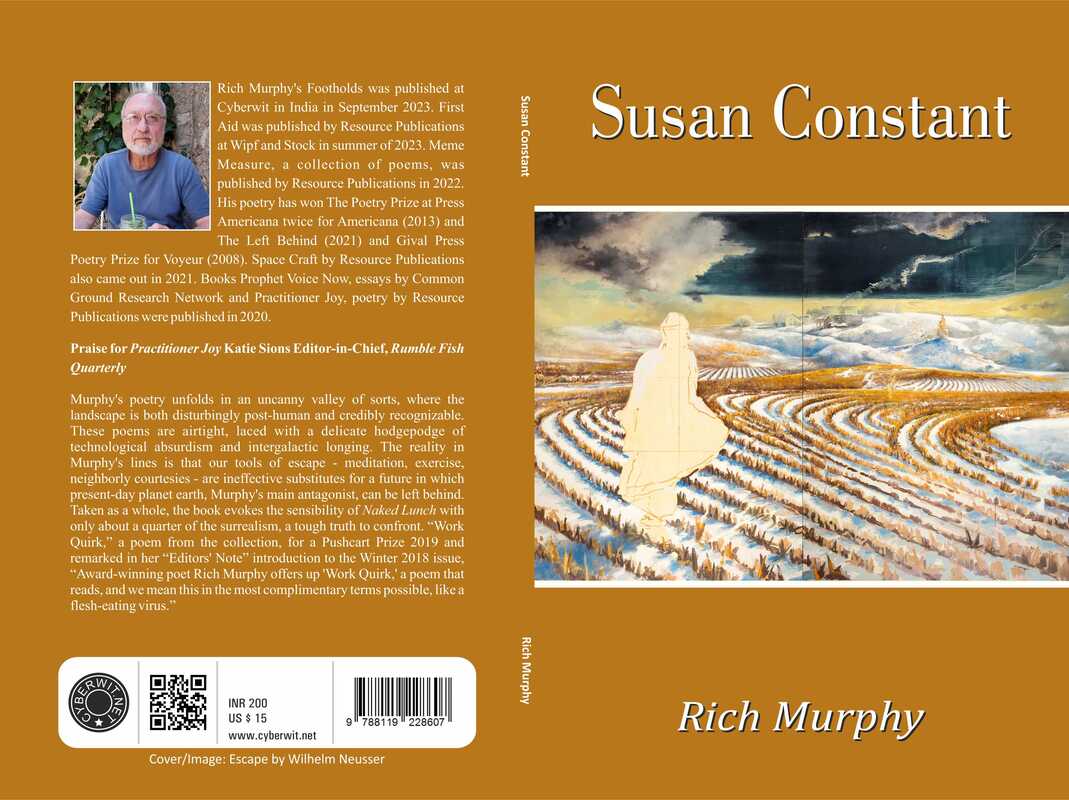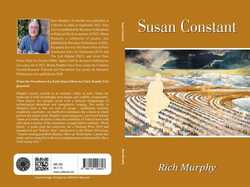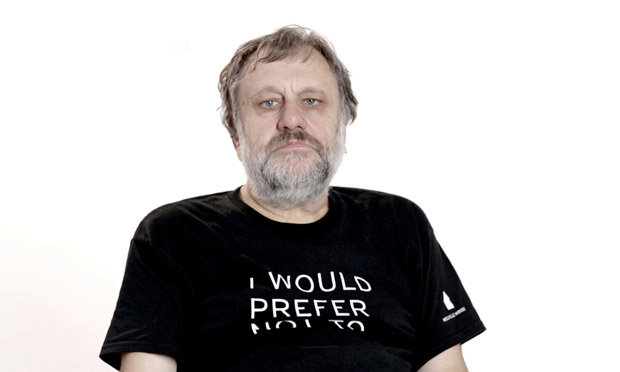Susan Constant, 6 movie poems introducing the book pubished this spring 2024 by Cyberwit, India, available at www.cyberwit.net(slash)publications(slash)2197 and at Amazon.Praise for Practitioner Joy Katie Sions Editor-in-Chief, Rumble Fish Quarterly Murphy's poetry unfolds in an uncanny valley of sorts, where the landscape is both disturbingly post-human and credibly recognizable. These poems are airtight, laced with a delicate hodgepodge of technological absurdism and intergalactic longing. The reality in Murphy's lines is that our tools of escape - meditation, exercise, neighborly courtesies - are ineffective substitutes for a future in which present-day planet earth, Murphy's main antagonist, can be left behind. Taken as a whole, the book evokes the sensibility of Naked Lunch with only about a quarter of the surrealism, a tough truth to confront. “Work Quirk,” a poem from the collection, for a Pushcart Prize 2019 and remarked in her “Editors’ Note” introduction to the Winter 2018 issue, “Award-winning poet Rich Murphy offers up ‘Work Quirk,’ a poem that reads, and we mean this in the most complimentary terms possible, like a flesh-eating virus.” The aptness of phrase and the verbal magic of the poems included in the poetry collection is remarkably impressive. The important characteristic of these poems is the poet’s ecstasy of feelings. The poignant intensity of this poetry collection awes and impresses the readers. The poems abound with very effective and beautiful images.
The style of the poet is colloquial and conversational. All poems are technically accomplished. The poet shows a remarkable quality of creating fact and feeling into impressive words. The power and precision of the diction used in these poems is quite admirable. www.cyberwit.net/publications/2197 "Navigating Charybdis" a poem from the book Susan Constant pubished spring 2024 by Cyberwit, India, available at the website and at Amazon. "Song for Sioux" a poem from the book Susan Constant pubished this spring 2024 by Cyberwit, India, available at the website and at Amazon. |
Archives
May 2024
Categories |



 RSS Feed
RSS Feed